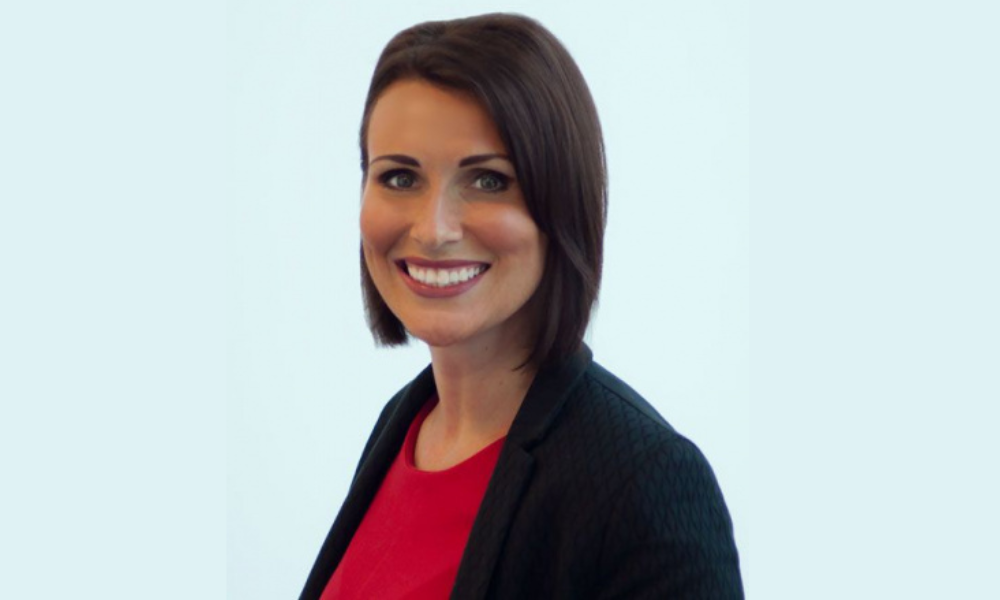There is a distinction between mainstream and specialist, but should there be?

With people’s finances across the UK becoming more and more complex due to the cost-of-living crisis, the pandemic and inflation, the use of the specialist market is becoming increasingly significant.
As such, improving the education of brokers on specialist products has never been more important, as better knowledge should result in better customer outcomes.
Vikki Jefferies (pictured), proposition director of PRIMIS, explained that brokers believe there is a distinction between the specialist market and the mainstream market. However, she said that brokers should have knowledge across the board.
“The market will continue to evolve, and the cost-of-living crisis will eventually begin to bite customers - as such, brokers need to learn about the specialist market so they are able to help these consumers when the time comes,” Jefferies said.
Read more: What can be done to take on the rising cost-of-living?
Looking to what could be done to improve specialist education, Jefferies acknowledged that the specialist market is included during broker qualifications such as CeMAP.
“However, the vast majority of knowledge a broker picks up is done on the job, and therefore by them choosing to only operate in the mainstream market, they are limiting themselves,” Jefferies said.
She noted that brokers must attend events, read Press articles and welcome business development managers, in order to continually improve their understanding of the constantly evolving sector.
“While the exams are necessary, the ongoing education is more important - criteria is constantly changing and so staying up-to-date can be challenging, but it is essential,” Jefferies added.
She added that by attending events, brokers are able to speak with one another and gain insight on difficult cases by speaking with other industry figures. This, she noted, in some respect can be more beneficial than the exams, although she said that the two go hand in hand.
“PRIMIS held a workshop in June which we recorded a huge turnout for, and some cases were solved during this event through the education and knowledge that was imparted,” Jefferies said.
In order to really improve the specialist industry and the lack of education surrounding it, Jefferies explained that a mixture of methods are required – including face-to-face meetings, events, webinars, looking through materials on lenders’ websites and moving forward with technological advancements.
This, in turn, will not only help more cases reach completion, Jefferies said, but also improve the speed at which the cases are turned around.
“The best way to really affirm a difficult case in a broker’s mind is to complete that specific type of case several times, which will make the approach on the broker’s side become a habit,” Jefferies said.
On top of the above approaches, Jefferies also said that brokers can use the website cherry, which allows brokers to converse online about specific topics or cases.
“The use of technology and sourcing systems are a broker’s best friend, however it is important that they get out there and learn on the job, which can be done by simply using the technology available to assist them,” Jefferies explained. She believes brokers must not be afraid to try new approaches and take on the complex cases, because solutions are out there.
Read more: How important is technology to the mortgage industry post-COVID?
Looking ahead, Jefferies said that given current market conditions, the specialist market will be key going forward.
“People have not felt the worst of the cost-of-living crisis yet as many will have had savings built up, however it is coming and brokers need to be prepared,” Jefferies said.
She believes that people will really start to feel the effects of the crisis during the beginning of next year.
“A difficult period is approaching, and brokers need to be aware of how the specialist market can help consumers,” Jefferies concluded.



